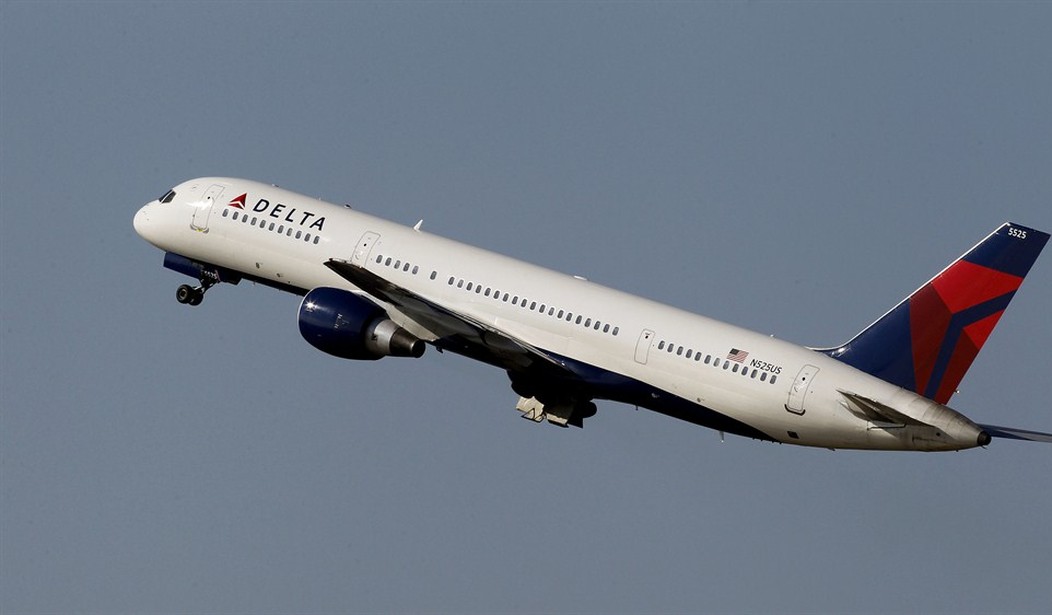The aftermath of the Parkland shooting showed how social and cultural issues can have a significant effect on business decisions. In response to public backlash against the NRA, multiple businesses ended special discounts for NRA members. This in itself is nothing new; businesses frequently respond to social conditions to keep their public images positive. A far greater issue arises when policymakers allow their decisions to be affected by the culture war.
One of the companies to revoke NRA benefits was Delta. Headquartered in Atlanta, the airline found itself under attack from Georgia politicians who perceived Delta’s actions as hostile towards gun rights supporters. In direct response to Delta’s actions, Georgia’s lieutenant governor (who happens to be running for governor) announced on Twitter that he would “kill any legislation that benefits Delta” until the airline reversed its position on NRA benefits. Soon after, Georgia lawmakers voted to remove a provision in a landmark tax bill that would have exempted jet fuel from state sales tax.
As much of the reporting on this tax break focused on how Delta would benefit from it, some writers saw a silver lining—at least this might remove a piece of cronyism from the Georgia tax bill. Unfortunately, the term “crony capitalism” has become so ubiquitous that it has begun to have its meaning diluted. There are cases in which government policy that is good for a specific business is still good policy, and this is one of those cases.
There is a strong argument for exempting jet fuel from state taxes. Airlines operate on narrow profit margins, so any increase in their operating costs is usually borne by passengers. Jet fuel costs are a substantial percentage of these operating costs, so jet fuel taxes generally translate to taxes on anyone who flies on a commercial airline. Taxation of jet fuel for commercial airlines also creates “tax pyramiding,” the imposition of taxes on top of other taxes. Consumers already pay taxes on airline tickets; with a jet fuel tax on commercial flight in place, they would pay taxes on the amount their ticket price increased because of the jet fuel tax.
Recommended
One can debate the merits of the exemption from the jet fuel sales tax, but Georgia lawmakers did not fail to enact it on policy grounds—it was entirely because they see Delta as having chosen a side in a culture war. The potential consequences of such arbitrary policymaking are not difficult to imagine. California could impose a tax surcharge on fast food companies that primarily sell chicken because of the Chick-Fil-A CEO’s position on same-sex marriage, or allowing the awarding of special tax incentives to be based (unofficially, of course) on a CEO’s stated position towards Planned Parenthood.
The impulse to punish businesses that appear to be standing on the “other team” makes for bad policy. Politicians are free to criticize, or praise, companies like Delta that have made the decision to end benefits for NRA members, but policymakers should be blind to a business’s stance on the culture war when making economic policy. Put simply, the culture war has turned what should be informed policymaking into economic Russian roulette.
Bad policymaking has real consequences. Delta is the largest private employer in the state of Georgia, providing 33,000 Georgians with jobs. These employees count on their elected representatives to provide policy stability, not threaten their jobs in the name of fighting a proxy war over the Second Amendment.
The culture war can and will continue to be fought elsewhere in America, but tax legislation is not the place to do so. Legislators have a responsibility to craft economic policies that are the most beneficial to their constituents, not to punish culturally uncooperative businesses. States have a hard enough time crafting good economic policies as it is.

























Join the conversation as a VIP Member